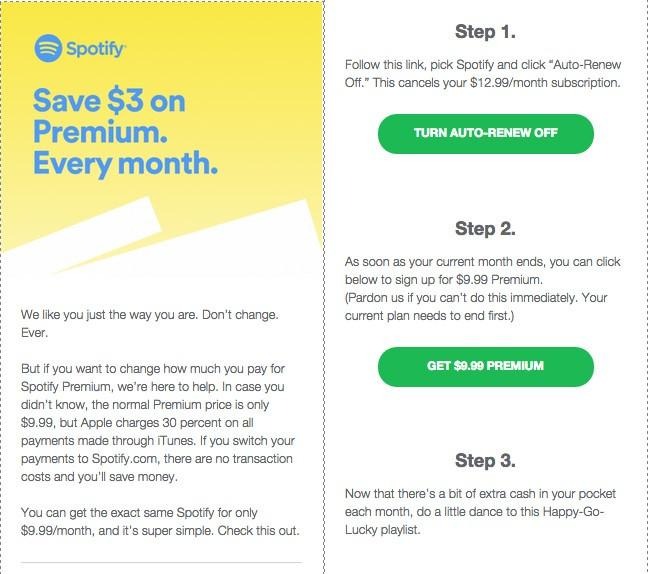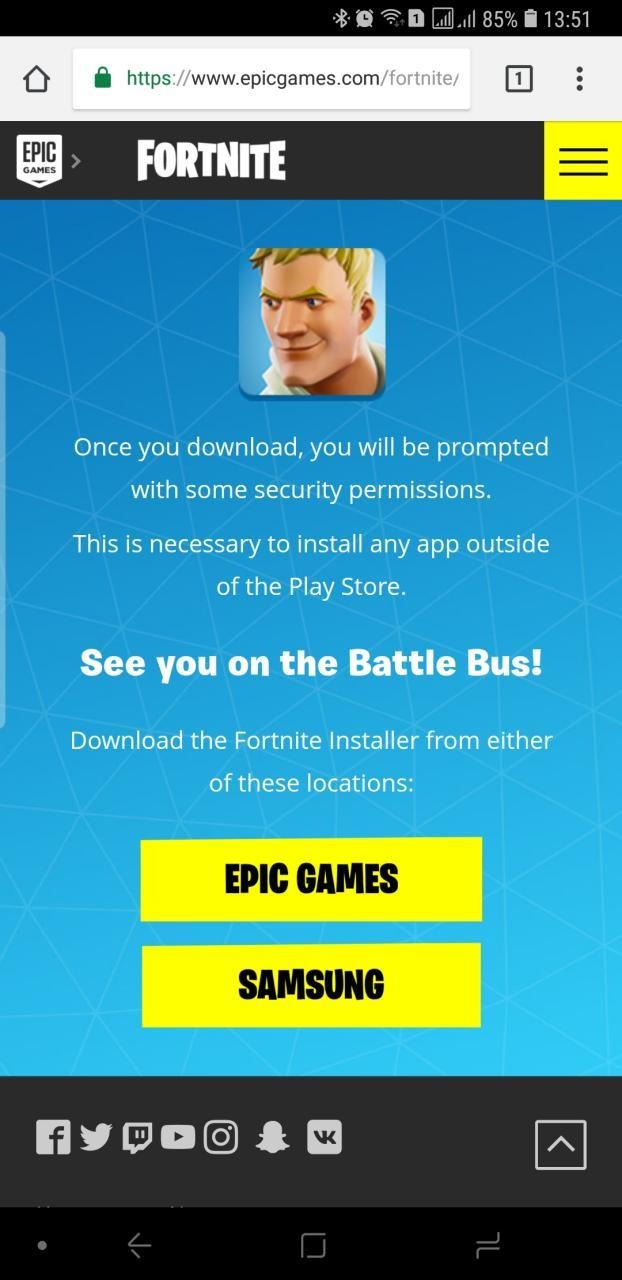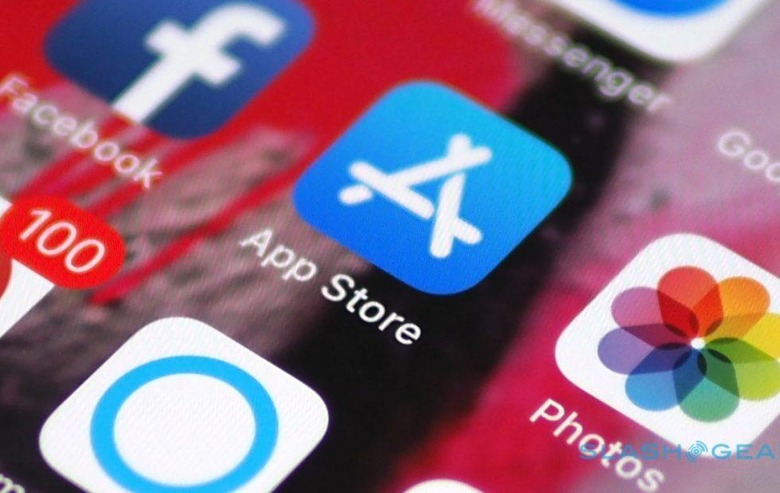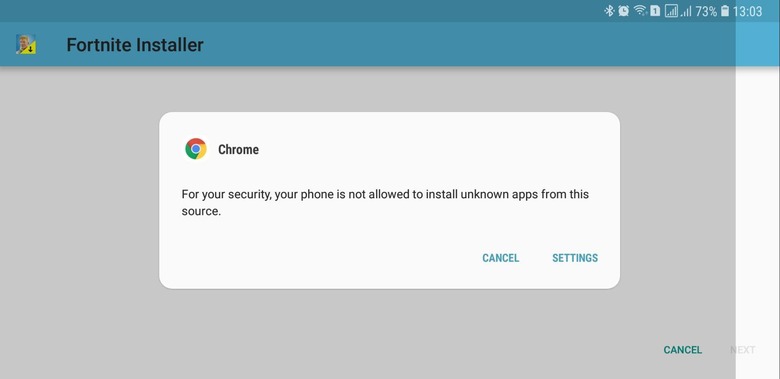In-App Purchase Revenue Cut War Will Hurt Consumers The Most - Here Is Why
In a battle of giants, it's the little guys that get stomped on. There seems to be a revolution brewing in the mobile market, with key players no longer satisfied with the status quo that once made them rich. They're seemingly flipping the finger at "The Man" and rallying in support of the common folk.It isn't a David vs. Goliath battle, though. More like Goliath 1 vs Goliath 2. And while many might not be so fond of the current in-app purchase trends and exploitation, users are likely to be on the losing end, no matter which side wins.
70/30
IAPs have developed a bad rap because of how they are abused to milk people off their cash, knowingly or otherwise. This is especially true in games more than in one-off payments for features or recurring subscriptions. Most users, however, are perhaps unaware that IAPs are also frowned upon by app developers themselves, primarily because of the so-called 70/30 revenue cut.
In a nutshell, this means that any purchase made through an app store, like Apple's, Google's, or even Samsung's, is split between the developer and the app store owner. That applies to both one-time purchases of paid apps as well as IAPs if the app was installed through the app store.
Ask any developer and they will say that 30% is a price too high to pay. Ironically, the ones making the most noise are also the ones that are getting rich from IAPs.
Spotify
This revolt against the 70/30 IAP system isn't actually new. It goes as far back as when app store revenue sharing became implemented and had a few highlights. In the past 3 to 4 years, for example, Spotify implemented two changes to their subscription model in an attempt to pull people out of paying for their monthly subscriptions through their mobile apps.

For one, Spotify charges iOS users subscribing through the iOS app more than those paying directly through Spotify's website, $12.99 vs $9.99. That's mostly to recoup the 30% cut that Apple gets but also to convince its subscribers to go the web browser route. Eventually, Spotify closed off in-app subscriptions entirely for new subscribers, forcing them to subscribe and pay via the Spotify website.
Fortnite
IAPs earned its infamy through mobile games and Epic Games may be taking it to the next level. Its high-profile snub of Google Play Store (but not Samsung's Galaxy Store) for distributing Fortnite on Android was framed exactly within that revenue sharing issue. CEO Tim Sweeney is also arguing for more open mobile platforms, which is always a good thing, but timed it poorly that the message may have gotten lost in transition.
Unlike Spotify, however, Epic is taking a stand by distributing Fortnite itself, which carries its own set of problems, from security to fragmentation. This means that Epic will be implementing its own security and integrity checks, billing system, and more, just to get 100% of the revenue for costumes, items, and other advantages IAPs may bring in Fortnite mobile.

Netflix
The latest big name to join the crusade is Netflix, which may be taking a route similar to Spotify. Nothing's official yet but it seems that subscribers from some markets can no longer renew via the iOS app, being directed instead to subscribe through a mobile browser and entire their billing info there.
This change comes at an ironic time when Apple was reportedly convincing developers to favor the subscription-based model over one-time piecemeal purchases. Or perhaps it got whiff of Netflix's move and is scrambling to compensate for losing one of its biggest money makers.
App store value
It's hard to argue that the status quo isn't ideal. The revenue cut system definitely may have been justified back when app stores were new and the discovery, distribution, and maintenance of apps were extremely difficult and still unfamiliar territory.
Things, however, have become more streamlined and easier since then. Giving up 30% of $100,000 or more definitely seems like asking a lot. Of course, the only ones that do reach those six-digit figures are exactly the ones that can afford to go their own way.

Smaller developers might not have that luxury. App stores provide more than just a distribution for these smaller players. On the technical side, they provide tools for certifying and verifying apps. They have checks for security and integrity. And when it comes to handling money, they provide a system that takes the headache away from using your own payment system.
That's not to say that the status quo is ideal. 30% is a really big cut, whether you're making only $1 or $1,000,000. In an ideal world, developers shouldn't have be beholden to one app store, one billing system, and one way of doing things. Unfortunately, given the way the Internet works and the way the mobile market has grown, reducing the revenue split might be the only feasible compromise at this point.
Inconvenience and danger
Epic Games is rallying the mobile market towards a more open ecosystem not unlike that of the PC. Netflix and Spotify are moving towards keying in your payment info on web browsers. Those are certainly doable and is already how some users conduct their business online. They do, however, seem to not consider what could be the biggest problem with those systems: human nature.
There are various psychological factors in play that has made IAPs convenient and, at the same time, infuriating. It's just so easy to buy or pay for something without leaving the app. The moment you have to redirect a user to a web page to make a payment, you have lost that potential customer. Even worse when they have to enter your credit card information for the first time, which could be the case when different apps start using different payment processing services.

And then there's the fact that both humans and computers are easily duped. Hackers are always one step ahead. See an add for a popular app on your browser? How sure are you that it will take you to the legit app? Tapping in your credit card info? How sure are you that it's on the right web site or that no one's eavesdropping on your connection? Not a problem if you've already entered your information when you first subscribed, which is why it isn't a concern for bigger players like Epic, Spotify, or Netflix. Everyone else will just have to fend for themselves.
Wrap-up
There's no question that some things have to change in app stores. What has worked before may no longer be applicable today. The revenue cut may now be too high, forcing developers and publishers to either charge users for more, like Spotify, or pack up and go, like Epic Games.
It has to happen soon, because other companies will soon smell the money and follow their noses rather than their heads or hearts. Unfortunately, until the two sides reach something they can agree on, it will be the users that will get hit by higher prices, inconsistent experiences, or scams.
